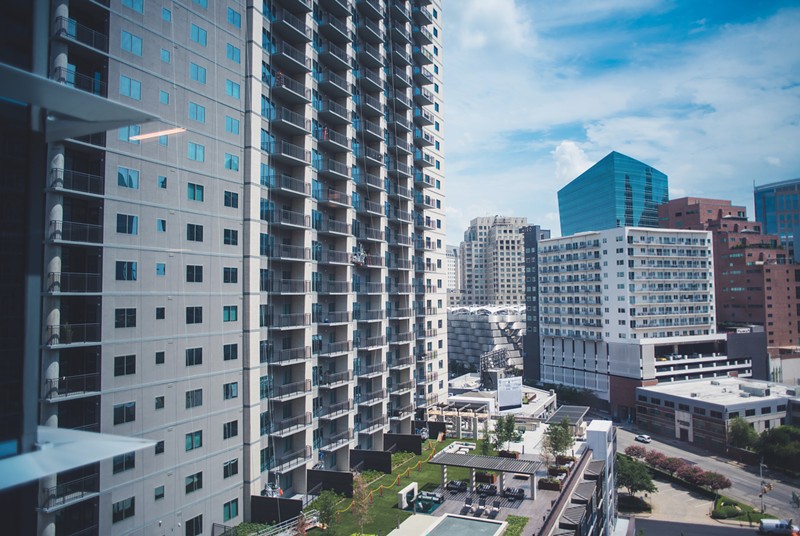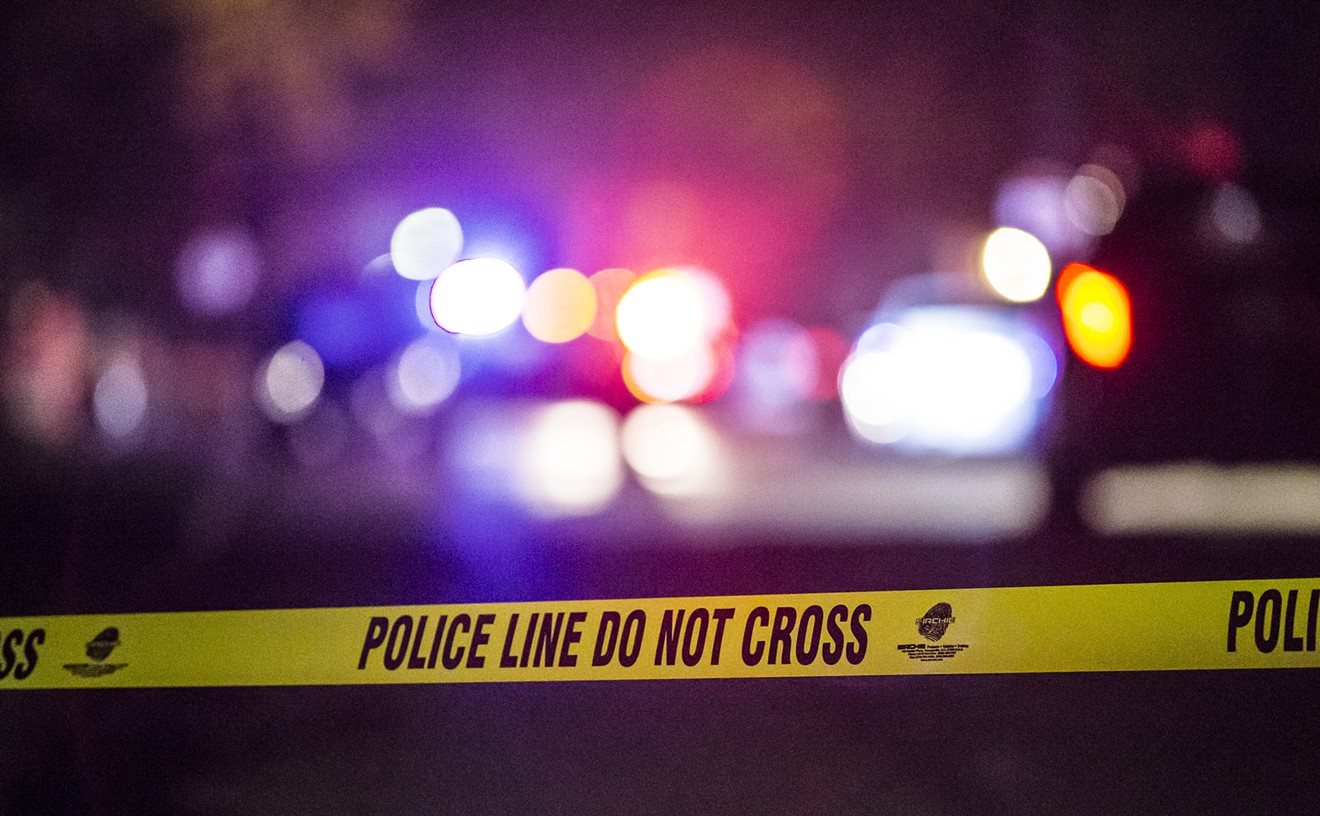“Today, we’ve got to move forward, and I hope all my colleagues move forward with me,” said Mayor Pro Tem Tennell Atkins, who voted to pass ForwardDallas, before the vote took place.
“Land-use planning is at the heart of everything we do in the city,” said council member Chad West as he encouraged the plan’s passage. “It’s because of what I’ve learned in the trenches in the last seven years that I support ForwardDallas 2.0.”
“Where does this create opportunity for home ownership?” asked Zarin D. Gracey, who admitted before the vote that he didn't know where he stood on ForwardDallas 2.0.
Council member Gay Donnell Willis said that she agreed with the last round of revisions for the most part, although she admitted that “it’s not perfect, but it’s a middle ground.”
Adam Bazaldua called out what he deemed misinformation by reading a “fear mongering” email that attacked the merits of ForwardDallas 2.0, adding that “I do want to see more density in our city, but that doesn't mean it has to be next door to you [opponents].”
Carolyn King Arnold gave a rousing speech to explain why she would vote against the plan, taking inspiration from the Luther Vandross song “A House Is Not a Home.”
“I believe strongly that we need to protect single-family homes that were zoned that way,” she said. “Existing neighborhoods should not be infiltrated by right, by trend… why would I want an igloo-shaped, a Tesla-shaped, boxed project sitting next to my house, it makes no sense.”
Mayor Eric Johnson, Arnold and council members Cara Mendelsohn and Jesse Moreno were the four who voted “no.”
As is often the case with the most contentious and high-profile city issues, City Hall was filled with residents eager to give the council its two cents in each of their allotted two minutes of public comment time.
Although there were dozens of speakers over the course of the afternoon, they merely served to crystalize the primary argument both for and against the plan.“Today, we’ve got to move forward, and I hope all my colleagues move forward with me." – Dallas City Council member Tennell Atkins
tweet this
The many speakers wearing “SAVE Single Family Neighborhoods” stickers on their shirts hammered home their notion that ForwardDallas, as currently constructed, does not, in their opinion, protect single-family neighborhoods from the problems that would be ushered in by allowing multi-family housing units such as duplexes, triplexes and fourplexes into their neighborhoods. The speakers on that side of the argument claimed that increased traffic congestion and over-reaching developers would have a catastrophic on established neighborhoods.
Jack Cox, a resident from District 11, told the council that “credibility is an issue with the council” thanks to what he said was their indulgence of an “urbanist agenda.” Julia Davis of District 14 said that if ForwardDallas 2.0 passed it would welcome apartments that resemble “ugly storage units” that replace what she said are affordable homes in the process.
One opponent took a moment to call out the staff present at the meeting who were wearing T-shirts that seemed to promote the passage of ForwardDallas, asking “Did my tax dollars pay for those?”
A number of other speakers against the plan claimed that the language is opaque and vague enough to allow developers and investors to take advantage of the confusing nature of the plan to usher in multi-family unit housing options that do not fit with neighborhoods aesthetically while also potentially creating housing options that are not affordable.
Many requests were made of the council by ForwardDallas 2.0 opponents to postpone a vote on the matter and to continue working on the plan while allowing more community comment.
Proponents of ForwardDallas 2.0 more or less stuck to a united script. More housing options and an increase in what many speakers called “missing middle housing,” which would conceivably result in more sustainable, walkable neighborhoods, was cited as an answer to the city’s affordable housing problem.
The fact that the vast majority of those speaking to oppose the plan were closer to retirement age or older, and predominantly white, as opposed to those in favor of the plan who were younger and more racially diverse, wasn't lost on several speakers. The strong protections that ForwardDallas had for single-family neighborhoods prior to September were referred to as a form of racism.
Some proponents noted the plan’s protections for environmental justice efforts that would serve residents in places like West Dallas and Joppa, where industrial plants and factories have reportedly harmed the air quality.
Michael Lewis, a rabbi at Temple El-Emmanuel in Dallas, said he was in favor of the current version of ForwardDallas because many of his congregants have been priced out of Dallas and can’t live near their community, nor the temple. He called the older version of the plan a form of “racist redlining” and a result of “exclusionary practices.”
Daniel Roby, CEO of the Austin Street Center homeless shelter, spoke in favor of ForwardDallas. He cited his own experience of living in an accessory dwelling unit, also known as a granny flat and something not included in the plan, before he encouraged the council to “cast a vision for a city with more housing options, not less.”













